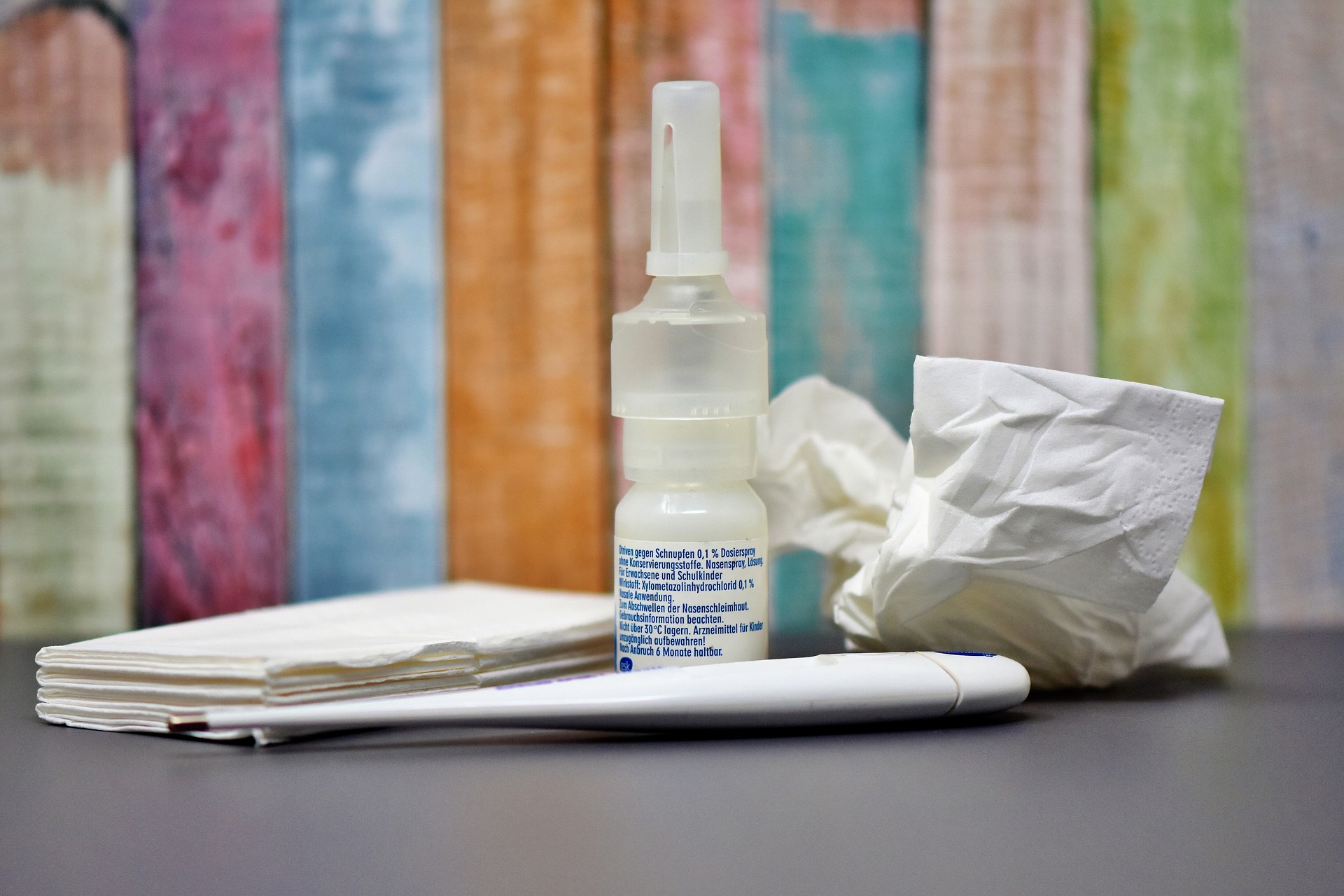15. Oct 2021

In week 40, a total of 5,123 people sought medical attention with symptoms of acute respiratory viral infections. Of that figure, children formed a sizable 40%. This is twice as many as in the first week of last year’s flu season. So far, though, no influenza virus cases in the 2021/2022 season have been confirmed by means of laboratory testing.
Medical attention has been sought due to other viruses which cause viral respiratory infections. Rhinovirus is the dominating virus. This is characterised by sneezing, a head cold, and sometimes also a sore throat. In children, the symptoms may include a cough and a fever. The highest numbers of patients who have sought medical attention were registered in Tallinn, Tartu County, Lääne County, Narva, Pärnu County, and Viljandi County.
According to the European Influenza Surveillance Network, the activity levels of the influenza virus within the European Union are at typical seasonal levels, with an increase appearing in influenza ‘A’ cases in the past two weeks. Nineteen countries have reported an unexpected early start to the active influenza season: https://flunewseurope.org. In the last week of September, forty-six influenza cases were registered within the boundaries of the EU, which indicates that the season has already begun.
It is possible to become simultaneously infected with influenza and COVID-19. Both are serious diseases which come with a high risk of hospitalisation. The risk groups are also composed of the same individuals in the case of both diseases.
The influenza virus can be prevented through prompt vaccination. Now is certainly a good time to get vaccinated against influenza. The influenza viruses are not yet circulating in Estonia, which means that your body will have time to adjust its defences against the virus. For healthy individuals, the influenza vaccine takes effect around ten to fourteen days after immunisation, and the effect lasts for up to one year. Anyone from six months of age upwards can be vaccinated against influenza if the individual concerned does not have any underlying health conditions which would mitigate against this.
As of this October, individuals from the age of sixty-five upwards can be vaccinated free of charge by visiting their family physician’s practice. Immunisation will also remain free for all care home residents. Vaccination should especially be considered by the elderly and those individuals who come into contact with the elderly, as well as anyone who may be from chronic diseases.
Influenza spreads in the form of outbreaks, epidemics, and pandemics. Children are most frequently infected with influenza, but the majority of hospitalisation cases and deaths involve the elderly and individuals who already have chronic diseases.
The Health Board would like to remind everyone to stay at home and contact their family physician if they find that they are exhibiting any symptoms at all. The family physician will decide on the course of treatment and will refer the individual to testing if this proves necessary.
In order to avoid influenza, it is very important to follow some simple advice:
- Avoid close contact with individuals who have fallen ill.
- If you are ill, please stay at home.
- Please cover your mouth and nose with a paper tissue when you sneeze or cough or, if you do not have a paper tissue, use your sleeve to cover your nose and mouth.
- Wash your hands. The act of frequently washing your hands will protect you and your loved ones from viruses. Avoid touching your face area with contaminated hands.
- Lead a healthy lifestyle. Get enough sleep, be physically active, avoid stress, drink enough fluids, and eat nutritious food.